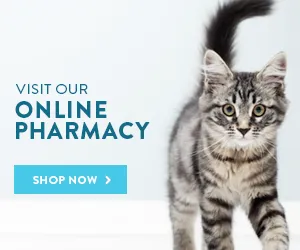
Welcome to All Cats Veterinary Clinic
Your Veterinarian in Houston, TX
Call us at 713-664-2287
WE LOVE CATS
All cats Veterinary Clinic has been caring for Houston cats for over 29 years We are in business for one simple reason:
We Love Cats. ~ We adore them. ~ We’re nuts about them.
Yes, it makes us a tiny bit eccentric, but our passion pushes us to pursue the best options for the healthy life of your cat.
Come in and meet Dr. Cynthia Rigoni and all of her staff.
We want you to feel at home, informed, and as ease that you have found the right vet clinic for your feline friends.
Dr. Cynthia Rigoni
Houston Veterinarian | All Cats Veterinary Clinic | 713-664-2287
9119 B Stella Link Rd
Houston, TX 77025
PLEASE NO WALK INS - Because we are a small clinic with 1 veterinarian we need you to make an appointment
before showing up. Please call 713.664.2287

